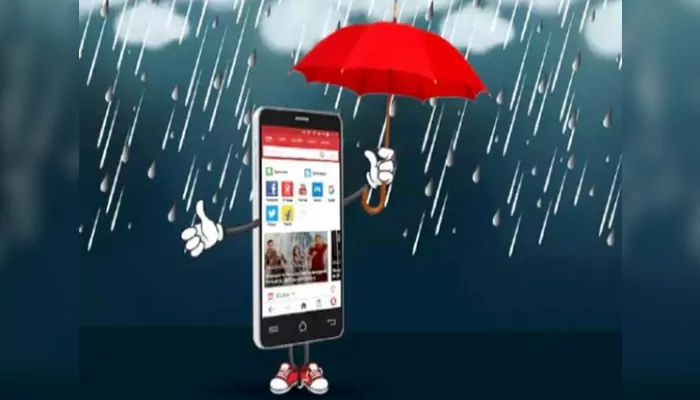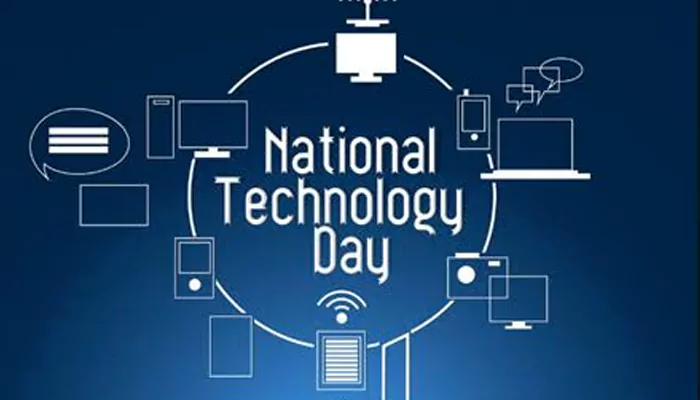Swipe Right on the Cosmos: Black Hole Hunting Just Got Real; Steps to Detect Darkest Secrets
- Soham Halder
- 1 year ago
- 4 minutes read

Space scientists need your help to detect black holes with your phone!
If you ask what's the biggest secret in our universe to a kid, he/she will tell it's black hole without any hesitation. From Einstein’s research to modern-day masterpiece Interstellar, we have come across so many information about the darkest secrets of our universe, however, we are yet to detect or observe the black hole formation without high priced equipment like deep-space telescope or mountaintop observatory. Now, you can do that with a simple tap on your smartphone. Want to know how? Let's find out.
The Darkest Secrets:
Black holes are areas in space where a huge amount of mass is packed into an extremely small volume. Due to this, a strong gravitational pull is created that cannot even let the light to escape the place. Usually, when giant stars collapse, they form black hole followed by yet unknown mechanisms.
The newly launched mobile app will help in detecting those elusive structures.

Credit - @NASA X handle
Why Common Folks?
Researchers from the Dutch Black Hole Consortium are currently on a mission to detect novel black holes. The monumental task is to train the telescope with the help of data collected by space enthusiasts.
Usually, the light coming out during the formation of black hole is transient and quickly fades away. If space enthusiasts spend their time to detect those faint signal, it will help training the telescope to precisely detect real black holes.
How the Consortium will Work?
“The group uses AI to help with that issue, but people are much better at identifying patterns than our algorithms,” according to Steven Bloemen, the project manager of the telescopes said in a recent statement. He added that “people using the app are also helping train its algorithms to better distinguish between real and false sources and find possible black holes more quickly.”

Credit - @SPACEdotcom X handle
How Can You Help Space Scientists?
The images are everyday collected by BlackGEM telescopes located in Chile. The highly advanced telescope immediately start scanning the universe as soon as there's any gravitational wave is detected. If a black hole is forming, it will give bright flashes followed by quickly fading light from kilonovas. Your responsibility would be to scan those elusive 'kilonovas’.
The app named Black Hole Finder is developed by Pocket Science. This will be available on any smartphone as well as on the web.
Tutorial for Detecting Black Holes:
Don't worry if you are an amateur in space exploration. The app has detailed tutorial program.
“The light lasts for a week at most,” according to the app. “Some things can cause false positives, such as communication satellites or cosmic-rays impacting on the detector, reflections, or caused by the data processing,” according to Black Hole Finder’s tutorial.
User's Responsibilities:
After the training, the user will be presented with three ‘stellar’ photos. These three images are a newly clicked one, an older reference image, and a combined picture to display the difference between the two pictures. The user will be responsible for distinguishing between ‘real’ and ‘bogus’ images. There will be another option as unknown if you are not sure.
If you’re looking to find some black holes, it’s always helpful to know exactly what you’re looking for! To get started on your black hole hunt, first watch this helpful video to learn the basics about these strange cosmic objects. 2/7 pic.twitter.com/UPyLnFwPAE
— NASA Universe (@NASAUniverse) May 7, 2024
Credit - @NASAUniverse X handle
The app is currently available in English, Dutch, Spanish, German, Chinese, Bengali, Polish, and Italian languages. You can receive the status of “Super User” after analysing 1,000 or more image sets. The app’s intro says participating means “you can also get the opportunity to contribute to scientific publications as a co-author.”
Each precisely detected ‘kilonova’ offers scientists a potential location to analyze further for the evidence of newly generated black holes.
Of course, there’s no prize payout for using and helping scientists detect the Black Hole. However, the knowledge that you would be contributing to the understanding of astrophysics and the unknown elements of the cosmos probably beats bragging rights.












